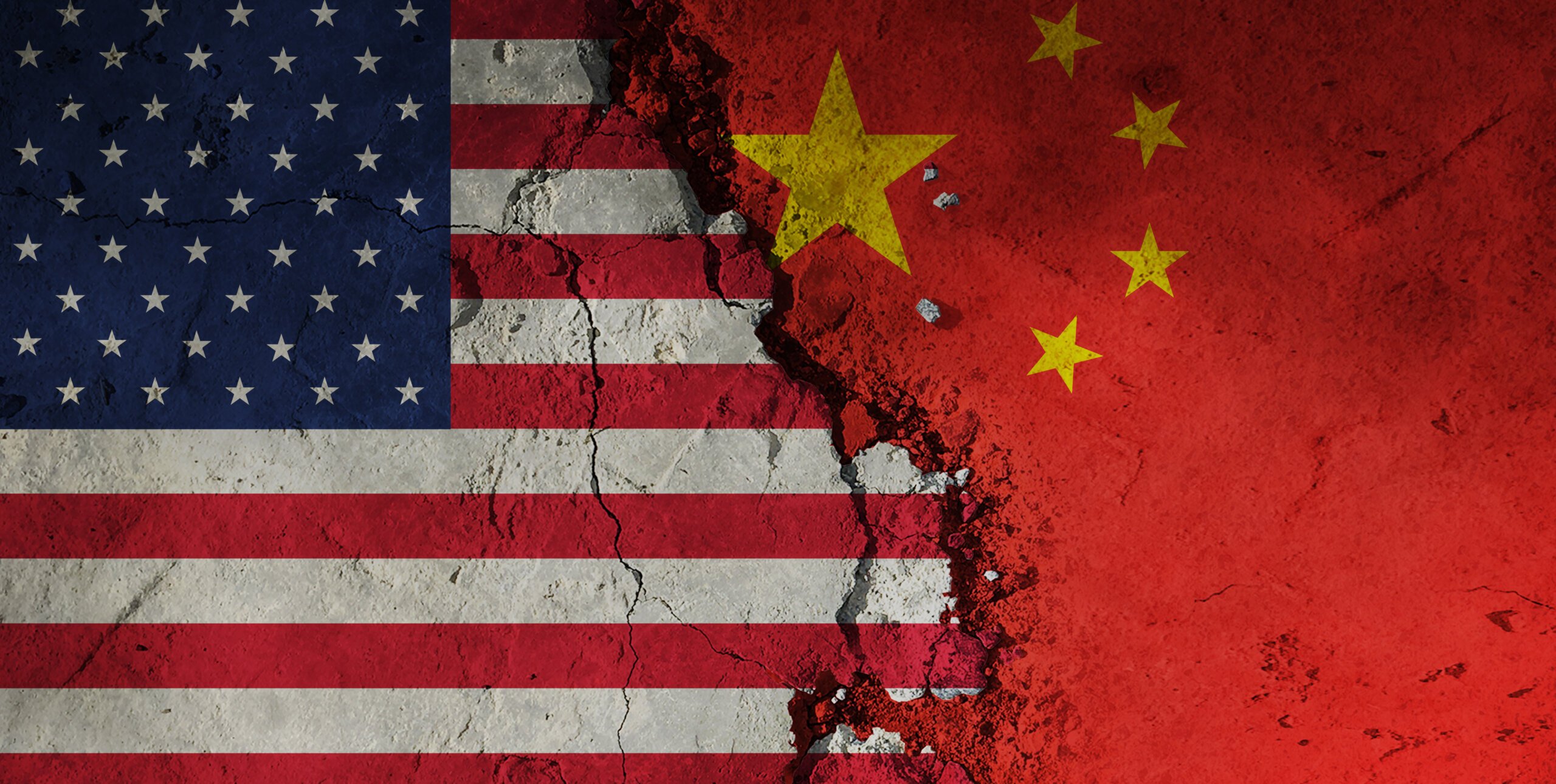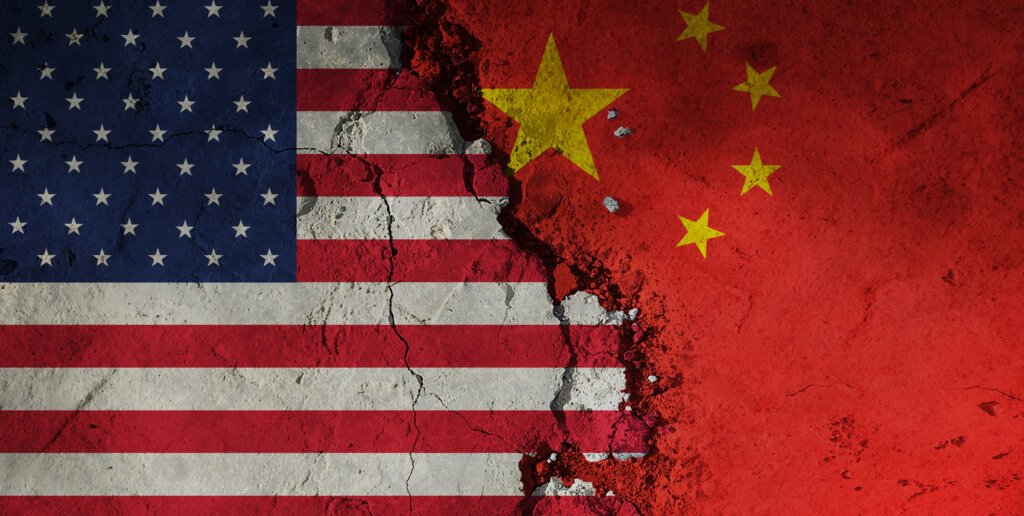- President Trump eliminates the de minimis exemption: Chinese imports under $800 now face tariffs of up to 145%.
- Platforms like Temu and Shein adjust business models, while consumers may experience higher prices and shipping delays.
For years, American consumers have enjoyed a steady stream of incredibly cheap Chinese goods flowing directly to their doorsteps. The $10 t-shirts, $15 electronics, and $5 household items that populated platforms like Temu and Shein seemed almost too good to be true. And in a way, they were – propped up by a little-known trade provision called the “de minimis exemption” that allowed packages valued under $800 to enter the United States completely duty-free.
But as of May 2, 2025, that era of Chinese import tariff-free bargain hunting has abruptly ended. President Donald Trump has officially closed this loophole, meaning those same goods could now cost more than double as they face tariffs of up to 145%. The $10 t-shirt you ordered last month might now cost $24.50. The household gadget that was once $20 could balloon to nearly $50. The seismic shift has sent e-commerce giants scrambling to adapt their business models and left American consumers facing a new reality: the days of ultra-cheap Chinese imports are over. As Temu blocks US shoppers from seeing Chinese import products and Shein quietly incorporates the cost from tariffs into its pricing, we’re witnessing nothing less than a fundamental restructuring of global e-commerce dynamics.
What was the de minimis exemption?
The de minimis exemption, introduced in 1938 as Section 321 of the Tariff Act of 1930, allowed packages valued under $800 to enter the United States duty-free. The provision was originally designed to facilitate trade by eliminating the administrative burden of collecting negligible duties on low-value goods at a high cost to the government. Over time, this exemption became what a Congressional Research Service report called the “primary path” for Chinese exports to enter the US market From 2018 to 2023, the value of low-value e-commerce exports from China ballooned from $5.3 billion to $66 billion, according to a February report from the Congressional Research Service. US Customs and Border Protection processed a billion such packages in 2023, the average value of which was $54.
Why did Trump end the exemption?
In a cabinet meeting at the White House on Wednesday, Trump referred to the loophole as “a big scam going on against our country, against really small businesses,” he said. “And we’ve ended, we put an end to it.” The Trump administration cited multiple reasons for eliminating the exemption:
- Fentanyl concerns: President Trump in February said he would eliminate the loophole because he didn’t believe China was taking sufficient action to stem the flow of fentanyl into the US The administration said drug traffickers were “exploiting” the loophole by sending precursor chemicals and other materials used to manufacture fentanyl into the United States without having to provide shipping details.
- Protecting American businesses and jobs: The growing use of the loophole also threatened US jobs in warehousing and logistics. It encouraged major American retailers to ship more products directly from China to consumers’ doorsteps, avoiding larger shipments that were subject to tariffs and then distributed through US warehouses and delivery networks.
- Supporting domestic manufacturers: Kim Glas, the president of the National Council of Textile Organisations, which represents American textile makers and fought to eliminate the loophole, said it had “devastated the US textile industry.” Glas said it had allowed unsafe and illegal products to flood the US market duty-free for years.
How are retailers responding?
Major Chinese e-commerce platforms are already adapting their business models:
- Temu announced a dramatic shift to its business model. “All sales in the USare now handled by locally based sellers, with orders fulfilled from in the country,” the company said in a statement to CBS MoneyWatch. The company said on Friday that it would no longer ship products from China into the United States. Temu saidthat it “has been actively recruiting USsellers to join the platform,” and that “all sales in the USare now handled by locally based sellers, with orders fulfilled from in the country.”
- Shein announced it would begin adjusting prices on April 25. The company’s website tells shoppers that tariffs are “included in the price you pay.”
- Other retailers have started displaying tariff surcharges in their online shopping carts to help consumers understand where added fees are coming from.
Impact on consumers and markets
The end of the de minimis exemption will have far-reaching consequences:
- Higher prices: According to The New York Times, Gabriel Wildau, a China analyst at Teneo, an advisory firm, said the change would “take a bite out of Chinese exports” and “force online retailers whose main selling point is dirt cheap prices to raise their prices dramatically.” Wildau warned, “It’s a price shock for price-sensitive US consumers who really enjoyed access to cheap goods.” The same article notes that goods coming into the United States from China via private carriers like DHL or FedEx will be subject to tariffs of at least 145% – for example, adding $14.50 of duties to a $10 T-shirt.
- Potential product availability issues: Mary Lovely, an international trade expert and senior fellow at the Peterson Institute for International Economics, told CBS News “You’ll see a much-diminished market and at some point, it won’t be worth it to import to a small market,” so you’ll see products disappearing. As reported by Wired, Temu is currently blocking US shoppers from seeing products shipped from China, effectively narrowing the number of goods for Americans to choose from.
- Shipping delays: Ryan Young, a trade policy expert at the Competitive Enterprise Institute, explained to CBS MoneyWatch that “It will be an administrative nightmare, so you will see a lot of delays.”
- Changing consumer behaviours: According to CBS News, PwC consumer markets industry leader Ali Furman expects to see consumers start “trading down” by swapping name brands for store labels or even turning to resale platforms to stretch budgets.
Potential loopholes and enforcement challenges
Despite the administration’s intentions, several potential issues remain: Goods that come into the US from China via private carriers like DHL or FedEx will be subject to tariffs of at least 145%. But shipments that come in through the Postal Service face either a tariff of 120% of the value of the goods or a fee of $100 per package, which increases to $200 in June. The Postal Service appears to face less scrutiny for collecting tariffs on goods shipped from China to other countries and then into the US through foreign postal services. However the Postal Service has not been legally required to collect information on where products originate, and neither are foreign postal services. That could lead to an increase in schemes that try to bypass China tariffs by using the post office. Experts also question whether the government has enough CBP agents to efficiently inspect packages and enforce policies. Ram Ben Tzion, CEO of Publican, a company that authenticates shipment documentation, told CBS MoneyWatch: “As these adjustments are made, a key question remains, which is the ability of CBP to effectively regulate and enforce these measures. As of today. CBP does not have that ability.”
Who benefits?
While consumers may face higher prices and delays, certain groups stand to benefit from this policy change: Companies that sell goods made in the US could face less competition as previously cheap China-made goods rise to new price highs. Larger corporations with bigger profit margins, or more diversified businesses, will likely fare better than smaller retailers that operate on thin profit margins, making it difficult to re-jigger supply chains.
The future of e-commerce
As both retailers and consumers adjust to this new reality, the landscape of online shopping is fundamentally changing. Ben Tzion said to CBS MoneyWatch, “the way we shop online will never be the same.” Specifically, “everything will take more time, cost more money, and everything that’s price-sensitive won’t be available,” he said. For Asian businesses exporting to the US, this represents a significant shift in the economics of cross-border e-commerce. Companies will need to reassess their supply chains, and pricing strategies, and possibly even consider establishing US-based operations to remain competitive in this new environment where the days of duty-free Chinese imports under $800 are now firmly in the past. The Chinese import tariffs policy change marks not just the end of an era of ultra-cheap online shopping, but also signals a broader realignment of global e-commerce dynamics that will continue to unfold in the coming months and years.
Want to discover how IoT is transforming telecoms and connectivity? Join the IoT Tech Expo in Amsterdam, California, and London. Explore how innovations in 5G, edge computing, and IoT are shaping the future of networks and services. The event is part of TechEx and co-located with other leading technology conferences. Click here for more information.
Telecoms News is powered by TechForge Media. Explore other upcoming enterprise technology events and webinars here.








